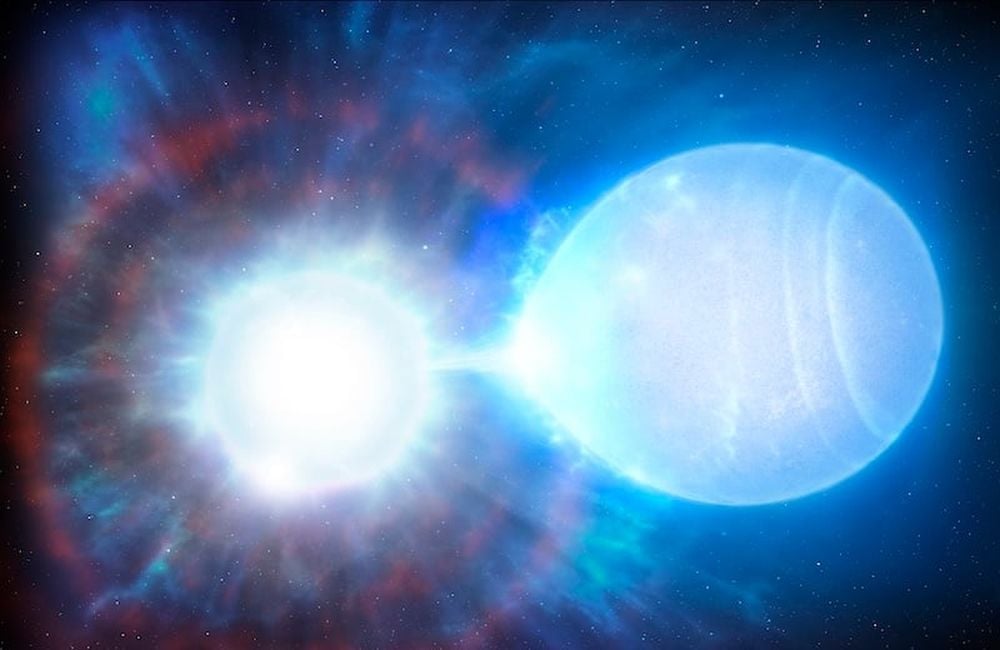Primordial Black Holes Could Be Triggering Type Ia Supernovae

A new article published in The Astrophysical Journal explores a new theory of how Type Ia supernovae, the powerful stellar explosions that astronomers use to measure distances across the universe, might be triggered. Traditionally, these supernovae occur when a white dwarf star explodes after interacting with a companion star. But this explanation has limitations, leaving open questions about how these events line up with the consistent patterns astronomers actually observe.
Universe Today
Go to Source
Comments are closed, but trackbacks and pingbacks are open.